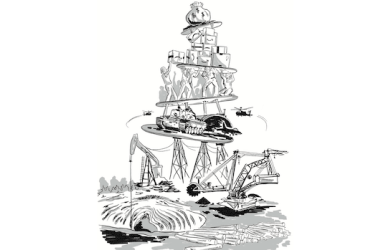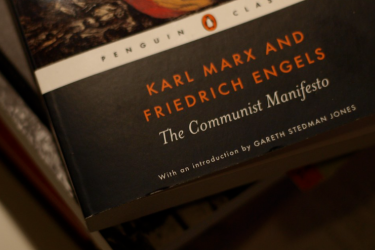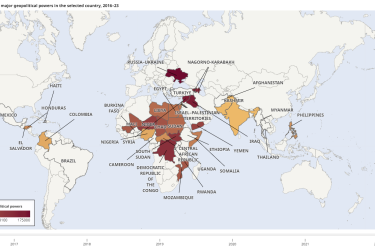Marxist theory

Ukraine’s fight for freedom: A socialist case for solidarity and self‑determination

The Socialist Party of Malaysia’s counter-hegemonic narrative

John Bellamy Foster: Extractivism in the Anthropocene
First published at Monthly Review.

Marx, communism and degrowth: On Kohei Saito’s ‘Marx in the Anthropocene’

Lenin’s socialism: Labels and realities

Lenin’s legacy — An alternative to capitalism
The following presentation was given by Tamás Krausz on February 1 as part of a panel on “What was socialism for Lenin?” that was part of the ongoing “Leninist Days/Journadas Leninistas” series of lectures.

Intellectual and political lessons of ‘The Communist Manifesto’ for our time
Karl Marx and Friedrich Engels’ Communist Manifesto was published in February, 1848. It is truly a part of what Marx called world literature that capitalism has given rise to.

The dialectic in the service of revolution
Ann Robertson — The dialectic is a powerful weapon for revolutionary socialists who seek to understand our surrounding world for the purpose of changing it.

Two dialectical anniversaries: Lukács and Dunayevskaya

The transitional program for the 21st century

